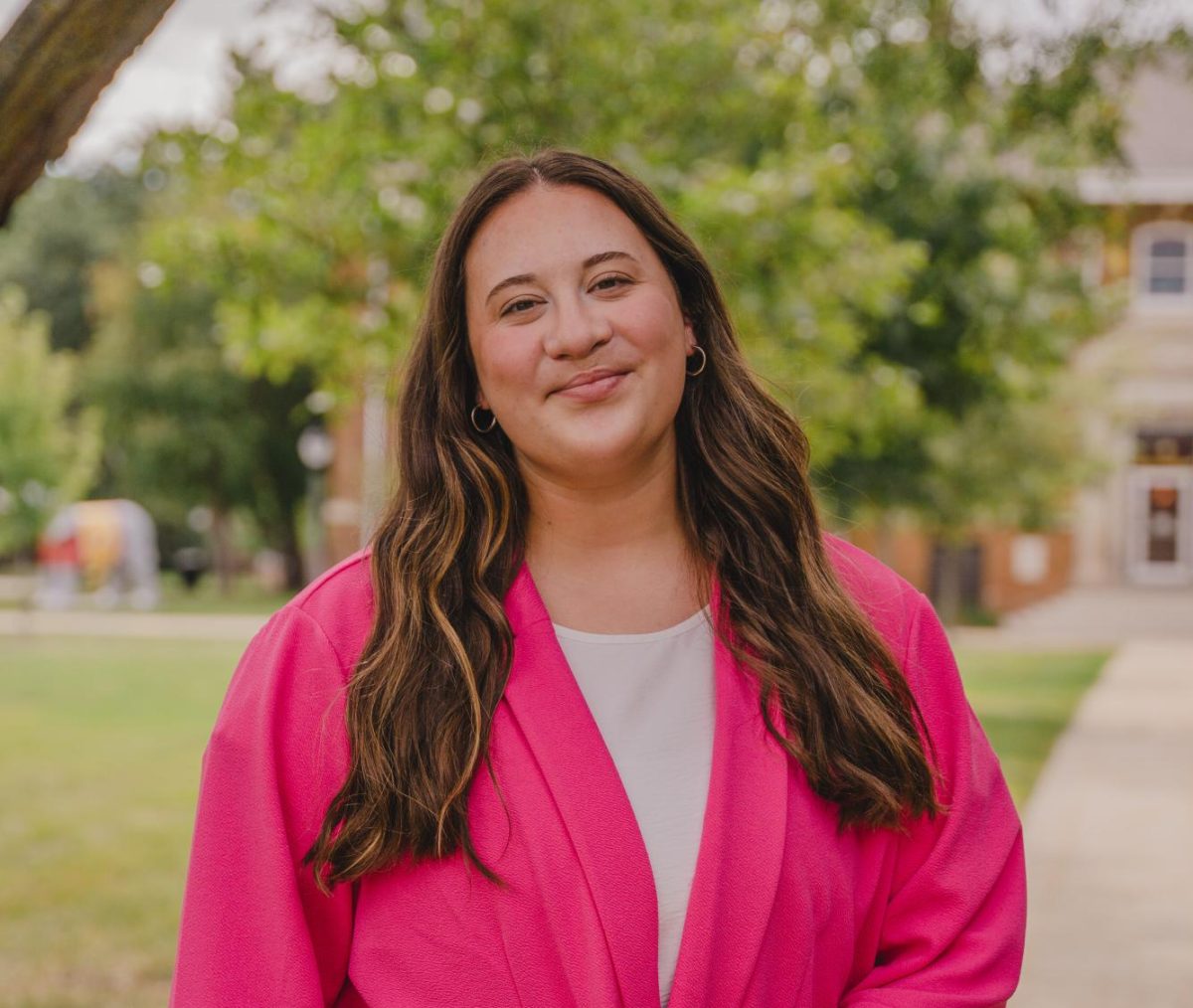Homelessness caused by many factors
November 18, 2004
Richard Fees never planned on being homeless. He planned on serving his country, he planned on raising his daughter. He never planned on losing two homes.
“When we’re kids, we don’t tell our parents that we want to grow up and be a homeless person, or that we want to be an alcoholic or addict,” Fees said. “It’s just not one of those things we plan on. But it happens.”
Fees served in Vietnam, but faced many problems on his return to the states. He self-medicated with alcohol and drugs for about 30 years.
“When I came home, I realized the Vietnam War was not popular here,” Fees said. “I did what I thought was right for my country and I served my country. And I came home to being spit on when I walked through the airport … came home to a 10-month-old daughter I’d never seen, let alone held.”
Progressive Action Coalition brought Fees to campus last Tuesday to speak as part of National Homeless Awareness Week.
Fees is a good example of some of the many factors that can lead to homelessness.
He said it was difficult to find a job because of the stigmatism that came with being a Vietnam vet. But, at one point, he had a job and was earning $70,000 a year – but he quit.
“I figured that if I didn’t have the money, I wouldn’t use the drugs, I could get clean,” Fees said. “It didn’t work that way. It still took me over a year to get off of drugs.”
Fees said he used drugs as an “escape mechanism.” He lived under bridges and in the back of his car before he went to Churches United Emergency Shelter in Des Moines.
“My home was bed 17 at Churches United and I had no idea where I was going,” Fees said.
Fees is now the Outreach/Case Manager for Veterans First Work Initiative at Churches United Emergency Shelter. He has been working there for three years.
Fees cited many situations and circumstances that cause homelessness, among them alcohol and drug abuse, abusive relationships and mental problems.
“It isn’t something that you can plan for,” Fees said. “You go to work every day, you even have savings. Well, what happens if you lose that job? How long until you go through that savings and don’t have the money to pay the rent?”
Fees said that there are people at the shelter who have four-year degrees that are now homeless. He has seen homeless attorneys, certified public accountants and even a homeless Vietnam veteran with Congressional Medal of Honor.
“If you plan on failing, then you will fail,” Fees said. “But that doesn’t mean that if you plan on succeeding you will. They aren’t homeless because they choose to be homeless.”
PAC President senior Kristine Robson agreed with Fees on the complexity of homelessness.
“There’s just so many different causes that you can’t make big generalizations,” Robson said. “You can’t really say that people choose to be homeless.”
Once a person becomes homeless, it can be nearly impossible to change.
“They’ve been homeless for so long, they’re scared to change, scared to do anything,” Fees said. ‘They’re so scared that they’d rather be homeless than take action to change their way of life.”
Freshman Danny Heggen said it was important to make college students’ aware of homelessness.
“A lot of people from small towns don’t really see this,” Heggen said. “It really helps them grow as individuals that are going to be in a large society.”
Fees said that the only way to truly understand the problem is to go to a shelter and talk to those that are homeless.
“Until you sit down and talk to them and know what’s going on, never make any judgements,” Fees said. “You may be amazed at the reasons that they’re there.”
Despite the best preparations, Fees said anyone can become homeless.
“The best thing I can say is, ‘Life happens,'” Fees said. “Try and protect yourselves the best you can.”




